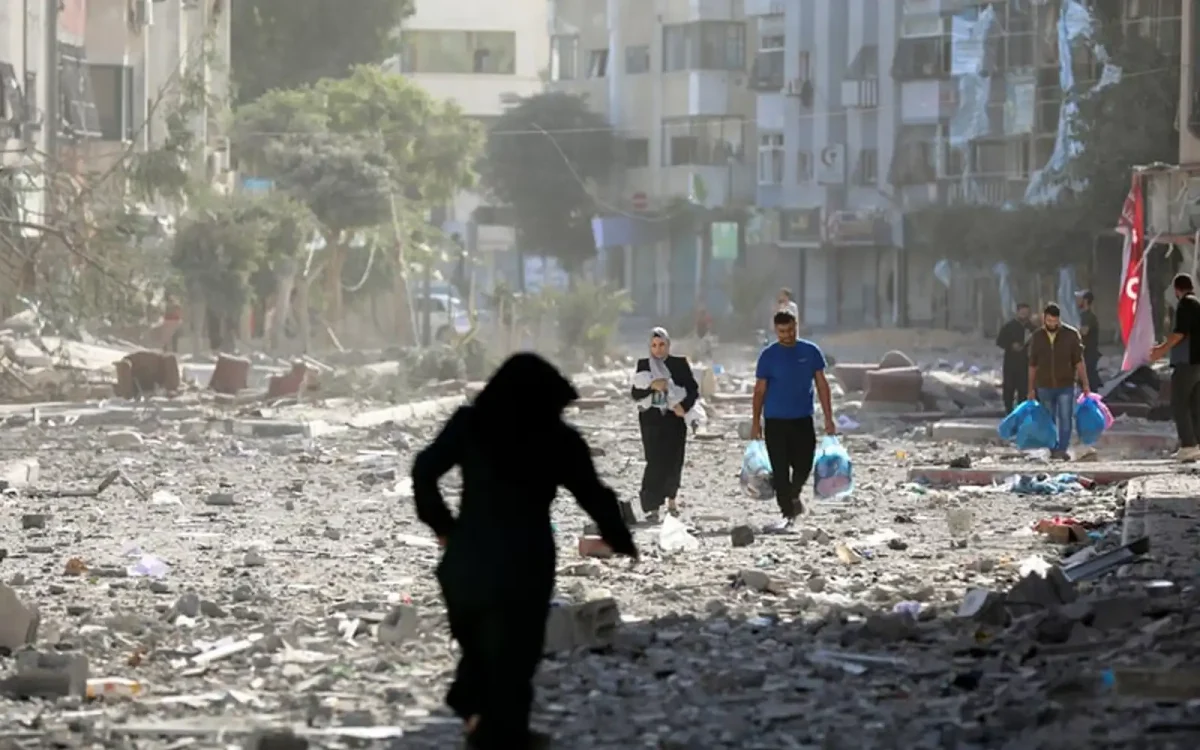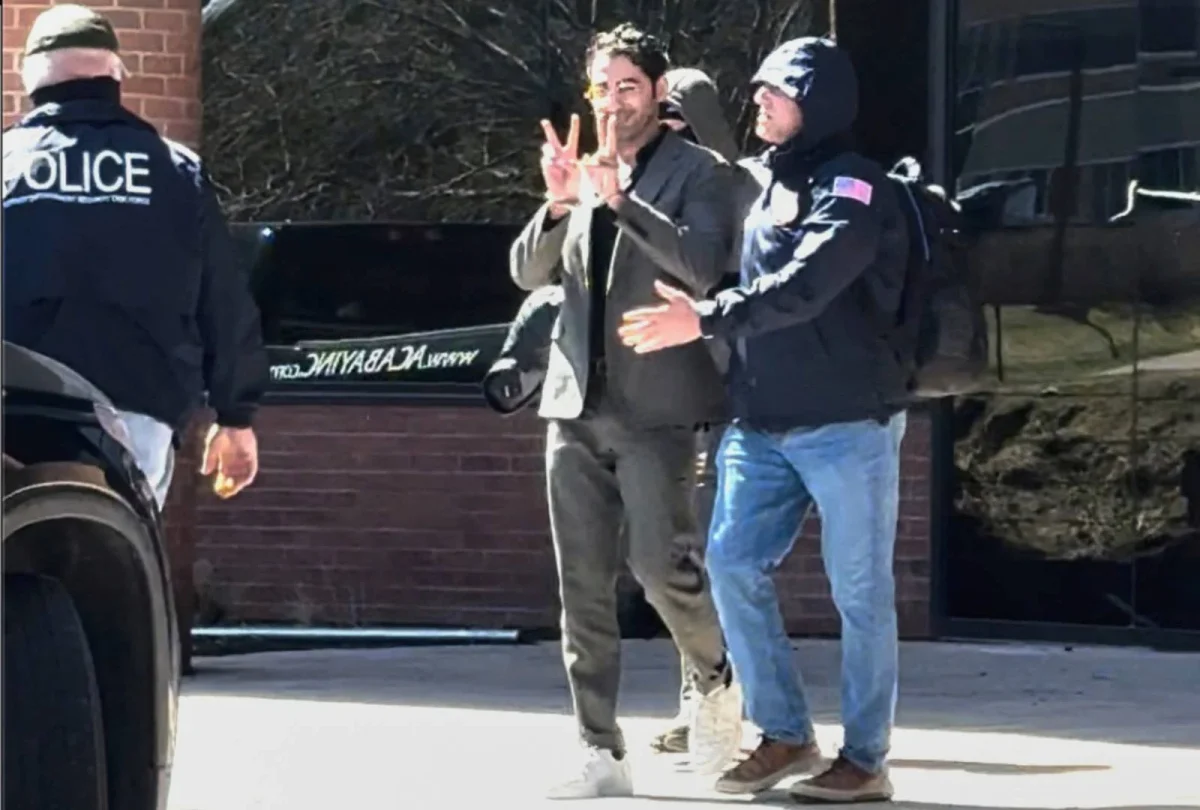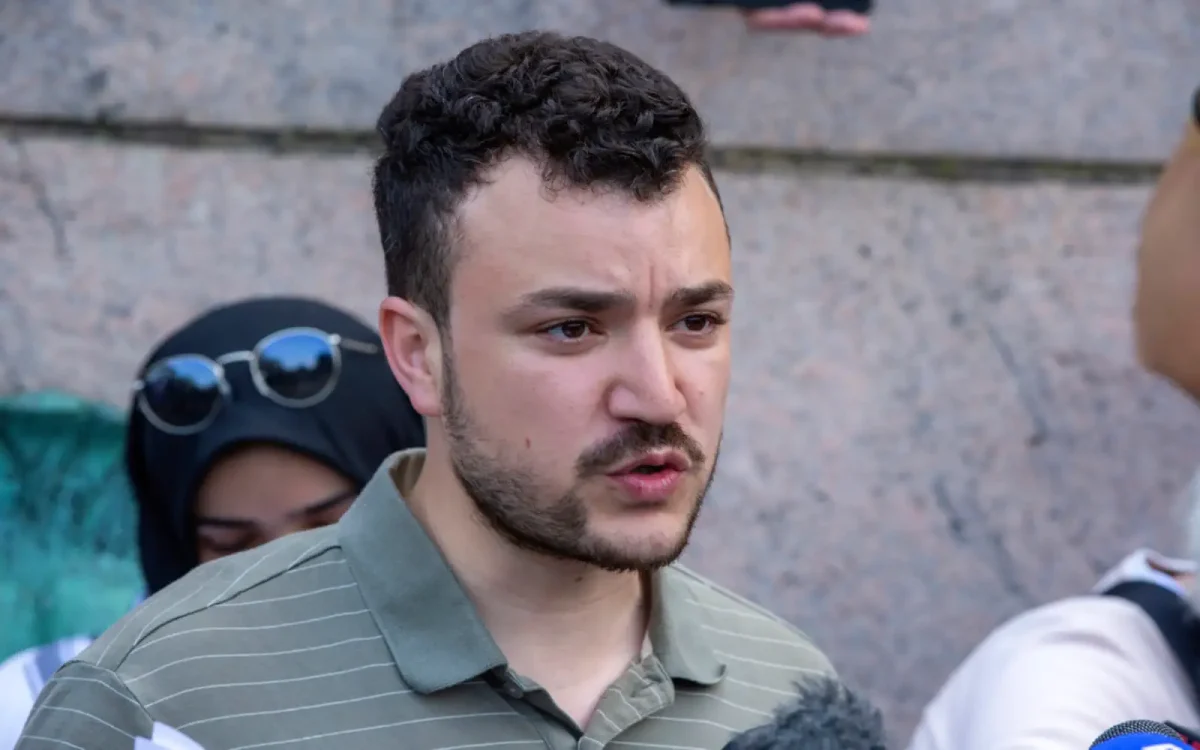Aaron Thomas | Staff Writer
 Residents of southeast Raleigh will soon be without neighborhood grocery stores. Though the announcement was made in November, Kroger grocery stores located on Martin Luther King, Jr. Blvd. and New Bern Ave. will be closing their doors for good on Thursday.
Residents of southeast Raleigh will soon be without neighborhood grocery stores. Though the announcement was made in November, Kroger grocery stores located on Martin Luther King, Jr. Blvd. and New Bern Ave. will be closing their doors for good on Thursday.
The impact of these store closings will be far-reaching for low-income families and senior citizens who heavily populate the southeastern Raleigh area and rely on public transportation to pick up essential items such as medication and affordable groceries.
With bare shelves and items reduced as much as 50 percent, the Kroger stores located in southeastern Raleigh can no longer survive in the competitive Triangle market.
Residents have sounded off about the decision to permanently close the stores. “It’s sad, it’s just sad,” said Solenge Lema, a mother of two who depends on the local store to buy groceries for her family. While Lema knows of another grocery store near her home, she “prefers Kroger.”
Ron Watts, a Raleigh native of 10 years believes it affects the people in the Martin Luther King Blvd. area the most. “Most of the elderly or disabled walk or use city transit to make it to the stores,” he says. “Now they won’t have a way to get around, walk, or exercise.”
The Kroger stores on New Bern Ave. and Martin Luther King, Jr. Blvd. opened in 1993 and 2002, respectively.
Tony Kearney, a local resident doesn’t understand why the stores aren’t taking more action to keep from closing their doors. “The reason why Kroger moved here in the first place was to cater to this community,” said Kearney. “With families using food stamps I don’t understand how they aren’t making enough money.”
WRAL reports that both stores have plenty of customers, however most of them only make small purchases that don’t provide enough profit margins for Kroger to stay open.
According to Carl York, advertising and public relations manager for the mid-Atlantic marketing region, keeping both the stores open is no longer “financially feasible.”
Even though many southeast Raleigh residents feel unappreciated, they believe that everything will workout and another grocery store or business will replace Kroger.
“It’ll come together; another chain will pick it up,” Kearney said. “If Kroger won’t take the money another [chain] will.”
Unlike Kearney, Watts believes that residents of southeast Raleigh should not passively wait for another grocery store chain to take Kroger’s place. “Minorities-not just blacks, but minorities including Hispanics, should come together to make sure nothing like this happens again,” said Watts.
The closing of both Kroger stores affects southeast Raleigh residents, who are predominantly black more than others outside the area realize.
The residents have to transfer medications to different pharmacies, find closer grocery stores, and adjust transportation means. Most customers note that Food Lion would be their likely option of getting their living essentials.




